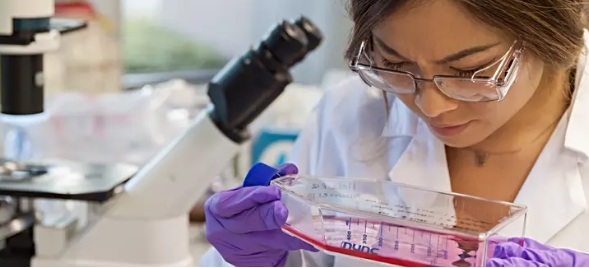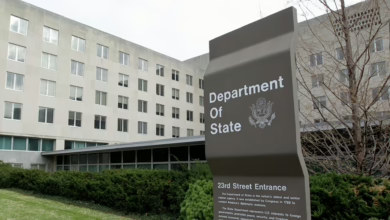
Breakthrough Turns Aggressive Cancer Cells Into Healthy Cells
A particularly aggressive form of childhood cancer that forms in muscle tissue may have a new treatment option on the horizon.
Scientists have successfully stimulated the conversion of rhabdomyosarcoma cells into normal, healthy muscle cells. This is a major advance that could lead to the development of new treatments for this dreadful disease and similar advances in the treatment of other human cancers.
“Cells are literally turned into muscles”; says molecular biologist Christopher Vakoc of Cold Spring Harbor Laboratory.
“The tumor loses all the characteristics of cancer.They go from a cell that just wants more to cells that have contracted. Now that all his energies and resources are devoted to reduction, he cannot return to his state of multiplication.
Cancer is not a monolithic thing. It occurs when cells in different parts of the body change. Rhabdomyosarcoma is the most common type of cancer in children and adolescents.It usually begins in skeletal muscle when its cells mutate, begin to multiply, and invade the body.
Rhabdomyosarcoma is aggressive and often fatal; The survival rates in the middle risk group are between 50 and 70%.
Differential therapy is a promising treatment option. This happened when scientists realized that leukemia cells were not yet fully mature, just like undifferentiated stem cells, which had not yet fully developed into a specific cell type. Differentiation therapy forces these cells to continue growing and differentiating into specific mature cell types.
In previous work, Vakoc and his team reversed the mutation of cancer cells that occur in Ewing’s sarcoma, another childhood cancer that usually arises in bone.
The researchers wanted to see if they could replicate the successful treatment of rhabdomyosarcoma, for which differential treatment would likely take decades
They used a genetic screening technique to narrow down the range of genes that can cause rhabdomyosarcoma genes to progress in muscle cells. They found the answer in a protein called Nuclear Transcription Factor Y (NF-Y).
Rhabdomyosarcoma cells produce a protein called PAX3-FOXO1, which drives tumor growth and on which cancer depends.
Researchers found that depletion of NF-Y inactivates PAX3-FOXO1, forcing the cells to continue growing and differentiating into mature muscle cells with no evidence of tumor activity.
According to the team, this is a critical step in the development of a differential therapy for rhabdomyosarcoma and could accelerate the anticipated timeliness of such treatments.
They say their technique, now demonstrated in two different types of sarcoma, may be applicable to other sarcomas and cancers because it gives scientists the tools they need to find a way to… Induce differentiation of tumor cells.
“Every effective drug has an origin story,” explains Vakoc. “And research like this is where new drugs are born.”
The results of the study were published in the Proceedings of the National Academy of Sciences.
Not sure which FBS is right for your cells?
Your cells need fetal bovine serum. But where to start? Explore our FBS categories, request a sample and find the perfect FBS for your plants now!




